An increasing number of people are learning just how beneficial living off the land can be. For many, it provides them with a life with far less stress and, for others it’s all about a healthier way of life. When preparing to go off the grid, it’s important to make sure that you are properly prepared. There are some supplies that you will need to buy and make before you can begin your self-sustaining lifestyle. You will also need to master several skills – some more challenging than others.
[the_ad_placement id=”in-text-1-type-r”]Proper preparation in advance will ensure that your transition will be smooth and as effortless as possible. Many people focus on making a single change at a time so as not to become overwhelmed by all the alterations.
Benefits of natural living
Making the necessary changes might sound like a mammoth task but many agree that it’s well-worth it.
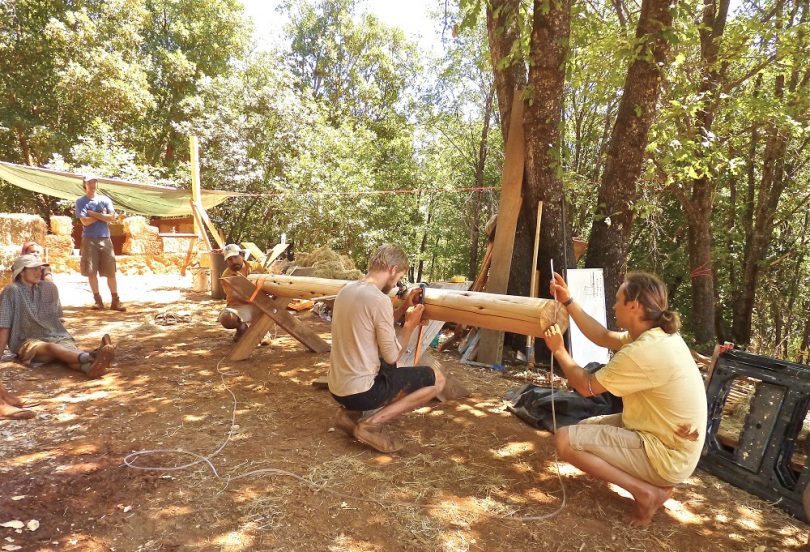
These are just some of the advantages of this way of life:
- You rely more on yourself and less on others
- Learn new skills
- Enjoy a more sustainable lifestyle
- Renewable energy
- Better for the environment
- Healthier lifestyle
- Personal satisfaction and sense of reward
- Less stress and generally happier living conditions
- Preserve and pass on knowledge to younger generations
- Sharing experiences as a family helps strengthen family bonds
- Reduces waste substantially
- Physical exercise and plenty of time outdoors
- Financially wise decision
- Helps prevent dependence on technology like the internet and TV
- Inspires others to follow and this can help create an entire community
- You can preserve any extra produce and sell, donate, or trade extra produce with your neighbors
- Enjoy the therapeutic comfort of owning various animals
Limitations to consider
When learning how to live off the land, it’s not only about the perks and benefits. It’s also essential that you consider the limitations of this lifestyle. These limitations are not necessarily all bad, but you do need to be prepared. Firstly, you might be able to make your own eco-friendly detergents and cleaning substances, but things like personal hygiene and sun protection products are often best purchased at your nearest grocery store. On that note, you will still need to earn a living which means that, just because you plan on living off the land, you shouldn’t quit your day job!
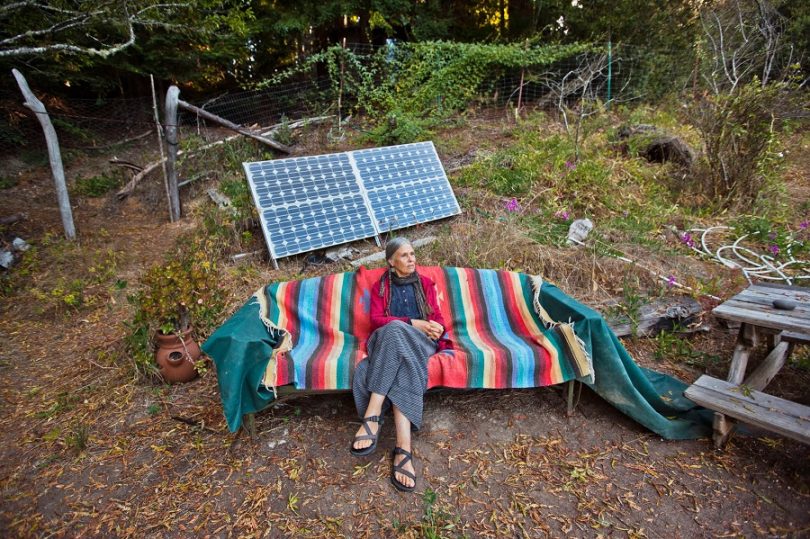
In many cases, one family member will work while the other will tend to things at home in order to ensure that everything runs smoothly. Even the kids can get involved, and their level of involvement can increase as they get older.
Living off the fruits of nature is not just about hunting, fishing, and gathering. Your surroundings might not be abundant in game and edible vegetation throughout the year which is why it’s important to farm with your own livestock. You can still hunt wild game, of course, but having your own chickens, for example, will ensure that you have a regular supply of eggs and poultry.
Possible risks and disadvantages
Choosing to live this way means that there are some risks that you need to be aware of. Firstly, if you choose a piece of land that is considerably far from civilization, then you will be quite far away from such facilities as hospitals. In the event of any kind of medical emergency, it can be difficult to get to the right doctor in time.
If you live in an area that receives a significant amount of snow during the winter or if the area is known for flooding, then your access roads could be blocked regularly, and this is also a disadvantage in the event of an emergency. For people with children, schools are also far away and, for this reason, some parents choose homeschooling.
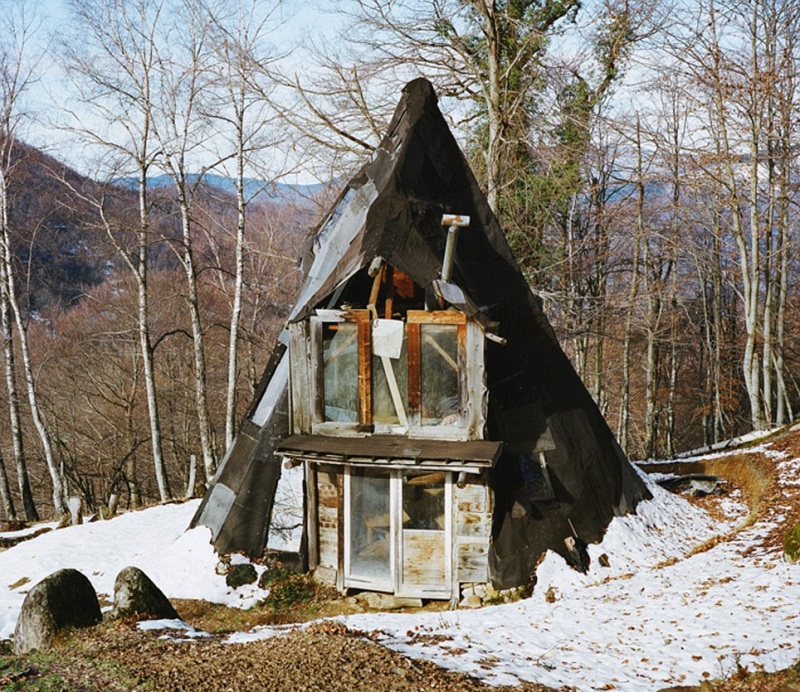
Living out on your own means that you will most likely encounter a greater number of snakes, spiders, bugs, and even larger predators. It’s good to know what kinds of dangers lurk so that you can take the necessary precautions. If you know that a particular poisonous snake or spider calls the area home, you may be inclined to find out about keeping antivenin on hand in the event of an emergency.
Important skills to master
Learning how you can live off the land also entails mastering several life skills. You should have a basic understanding of construction and how to build various structures. This will help you build the structures as well as perform maintenance as and when needed. It’s also good to gain experience with basic sanitary and electric repairs. That said, if you are not qualified in these fields, and the job is complex, it might be best to call in a professional rather than risking it.
[the_ad_placement id=”in-text-2-type-r”]Other useful skills include fishing, hunting (with various methods), and learning how to identify various edible plants and fruit in your area. An understanding of subsistence farming is also a good idea since you will know just how to manage enough livestock and crops to feed your family. Basic first aid training is also a plus since you might be miles from the nearest medical facility. Learning crafts like how to make your own candles from beeswax can also prove helpful since you will have a completely free source of light and you can preserve your electricity.
Covering all your bases
It’s important to make sure that you address each and every aspect of living off the grid before taking the plunge. Most of these steps depend on the conclusion of the one that comes before it. In other words, you will need to secure a piece of land before you are able to build. You will also need to get the structure of your home ready before you can set up things like water and electricity. Here are some of the main planning points:
Acquiring land
Your first priority is to find the right piece of land. If you don’t have land, you can’t live off it! The amount of land you need is debatable. Each family has different needs and means. It might be worthwhile buying a somewhat smaller piece of land with the possibility of expanding your property by buying neighboring portions of land. You will need enough land for your home, space for your crops, livestock, and land for growing your own trees for wood and other reasons.
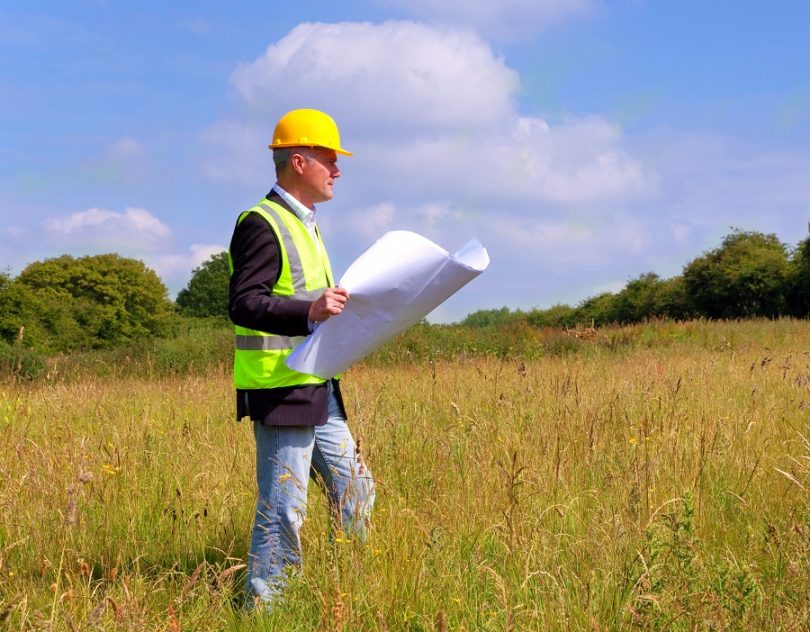
When looking for the perfect piece of land, you also need to consider water. Look for a piece of land where water will be readily available throughout the land. You might need to dig a well or two around the property. Not only will this benefit your household but also your crops and animals. Taxes also need to be considered and building restrictions when buying a piece of land. Make sure that you can follow your building ambitions. Take the local weather into account as well. You need to make sure that the weather will suit farming and your animals.
Safe water
Having water nearby is important but it’s also essential to make sure that the water is safe for consumption. Your plants, animals, and your family cannot survive without a safe source of drinking water. The cost of digging wells varies depending on the location and the depth of the well. The deeper they need to dig, the more it will cost. It’s also important to understand that there are a number of underground streams at various depths. More often than not, the first one you reach will not prove to be the purest.
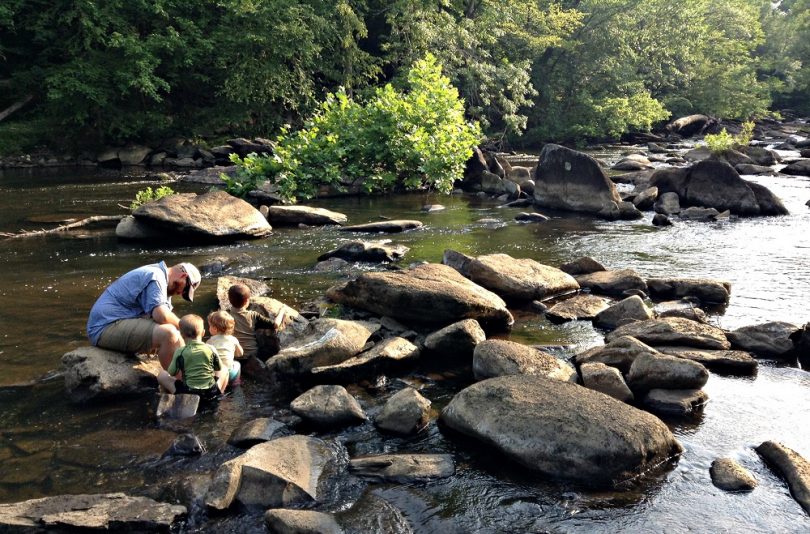
Dig further down at least to the third stream for a consistent and clean water supply. In addition, you will also need to set up tanks for water storage and filtering systems to ensure that the water is safe. Building your own ponds is also great for fresh water fish farming and these ponds can be used as a water supply for animals and, if you experience a fire, you can use the water to put it out. Check out our reviews of the top water purification tablets to help make your water potable to drink.
Food
This is one of the most important factors to consider and plan in advance. You can plant your own crops and keep a variety of livestock. Small livestock to consider include chickens and ducks, rabbits, goats, and even sheep.
Chickens and ducks offer the added benefits of eggs and feathers. Sheep can provide you with wool while rabbit pelts can also come in handy for various homemade items of clothing and even linen. The milk from your goats can also be used for consumption and you can make your own dairy products like cheese.
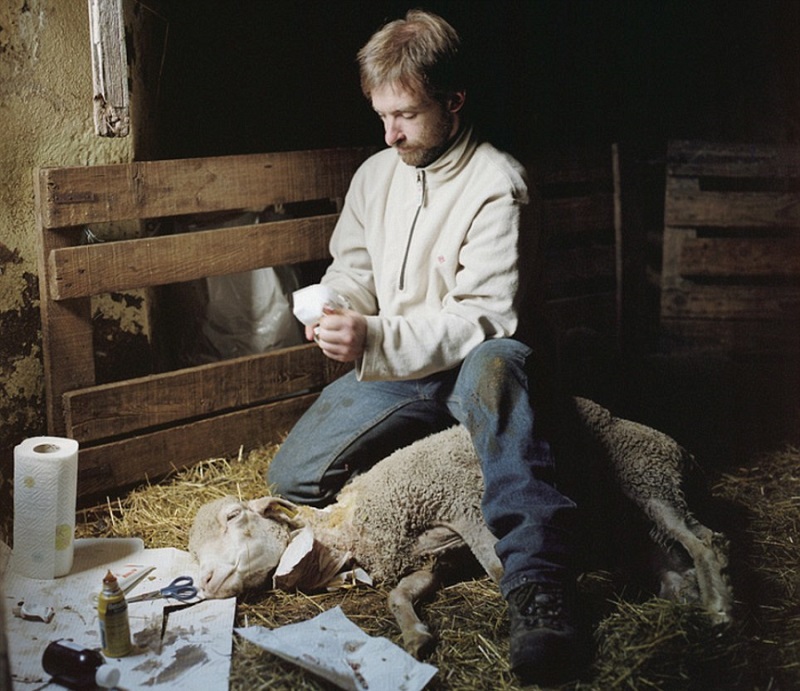
If you have enough space, you can even keep larger animals like cows and pigs. When owning livestock, you need to ensure that they are all safe from predators. Large dogs are often the protector of choice as well as sturdy fences. Also, remember that you need not buy several kinds of animals all at once. You can start with two or three kinds of animals and work your way up. As for crops, it’s important to plant both fruit and vegetables.
See: How to Raise Pigs: Humanely Raising Pigs for Meat
Make the most of your land by using proper crop rotation methods. This allows the soil to recover in between harvests so that it does not become baron. Some great examples of crops that are easy to grow include fruit trees, tomatoes, bell peppers, corn, pumpkins, cabbage, leafy greens, and potatoes. Divide your property up appropriately and plant your crops in the right places. Some crops, like wild berries can be grown without much effort at all. Simply plant them in the shade of a wooded area and enjoy!
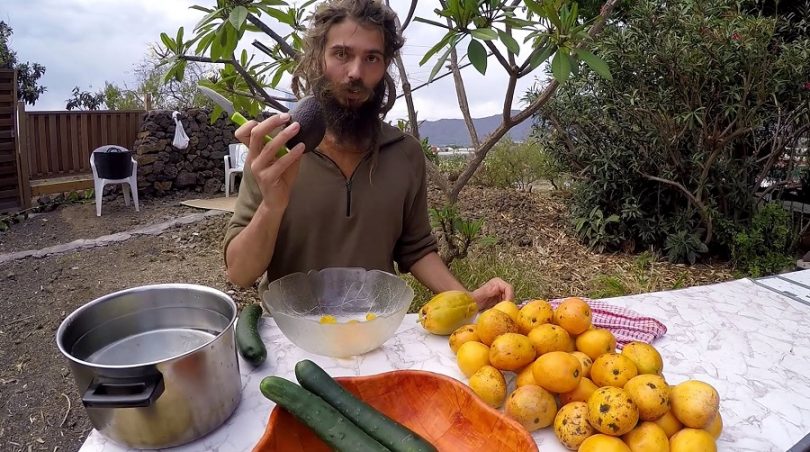
Don’t forget about the advantages of farming with bees as well! You can set your hives in the far corner of your property and these bees will serve more than one purpose. They will provide you with a regular supply of honey and they will also supply you with wax for making various household items and they will pollinate your flowers and crops. See our tips and guidelines on how to raise honeybees to help you.
Your home
You will need to make sure that you have a place to live before you make the move. The key is to avoid focusing on building your dream home. Instead, build only what you need. Many people start off with nothing more than a camper until they are able to build their home bit by bit. It’s also important to use natural materials when building your home and, if possible, build your home into a hillside. By using this design approach, you can create a cool home for the summer and a warm home in the winter. The hill will provide the best insulation from the conditions outside.
Power source
You will need power for a number of reasons and this means that you need to consider a number of options. The most popular choice for many homeowners is to install solar panels. This does take up space and it costs money but solar technology is becoming more accessible. Power can also be generated by harnessing the potential of wind and water.
You need only set up all the necessary equipment as well as a means of storing the power in durable batteries. You will find that you won’t need as much electricity during the day as you will at night. You will also use more electricity during the winter than summer.
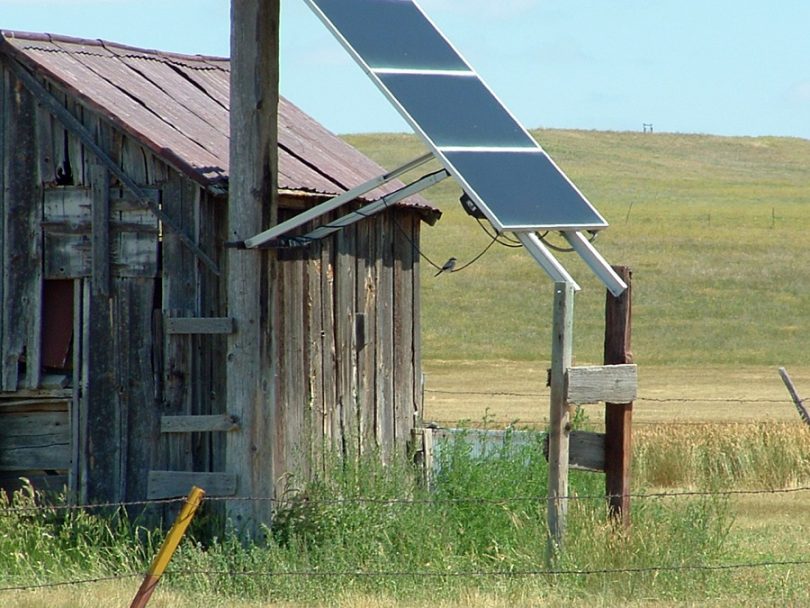
If you want to conserve power, you can light your home using candles instead. You can also avoid using electricity for heating your home by installing fire places and wood stoves instead. During the summer, you can enjoy hot water by running your water lines on the roof of your home. See our article on how to install solar panels for your convenience – quick and easy instructions provided!
The sun will heat the water in the tubes during the day and it should stay warm for several hours after nightfall. During the winter, you can use a different water pipe system. Create a serpentine of water tubes around your fireplaces and wood stove. The tubes will be heated every time you make a fire. You can also boil water on your wood stove or place a pot of water on top of your fireplaces to ensure a constant supply of warm water.
Medical experience
Since you will most likely live quite far from civilization, you will need to prepare yourself for a number of possible emergencies. Injury and illness can occur at any time. It’s good to know exactly how far it is to the nearest hospital and the best route to follow in order to get their quickly. Keep a first aid kit handy as well as a comprehensive collection of medical supplies. Some important techniques to learn include bandaging various wounds, stabilizing a broken arm or leg, burn treatment, venomous bite treatment procedures, and how to break a fever in a hurry.
You can also plant a herb garden and make sure that you label all of your plants and keep a list of their uses as well as how to prepare natural remedies. For example, some natural remedies are for external use only and it’s easy to forget these things when you’re in a hurry. Prevention is always better than cure so take the necessary precautions to prevent such things as accidents, bites, and burns.
Safety
You will also need to ensure your protection and that of your family. This means that you should keep at least a small collection of firearms in your home.
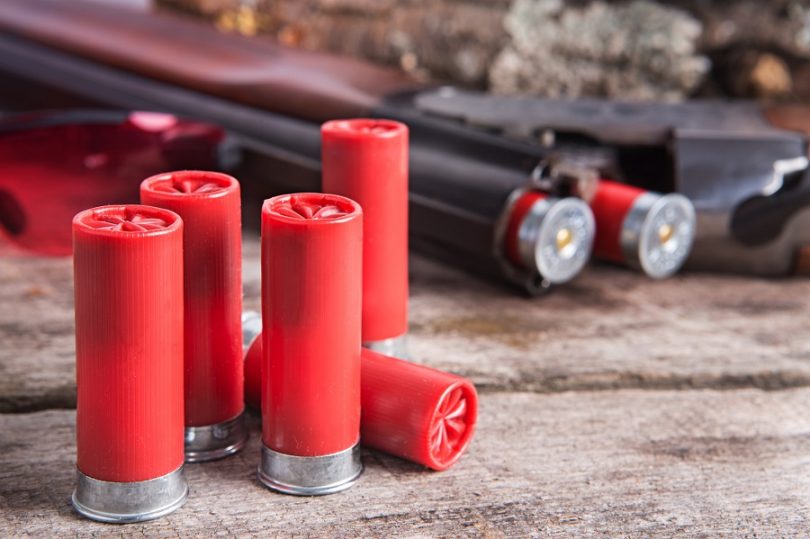
Guns and gun safety should be your main priority. Always keep your firearms safely locked away and remember that they can also come in handy when you want to hunt wild game in the area.
Communication
This is probably one of the most challenging of all since you might not like the idea of been too connected to the world. You do want to live off the grid, after all. You have a number of choices. You can choose a mobile phone but this will mean that you will depend on the signal from your service provider. As for the internet, you can look into satellite internet service providers. You will need to pay a setup fee but, after this your subscription fees should not be much at all.
Alternatively, if you don’t want to pay any monthly fees for communications, you can use a CB radio or Ham radio. Just make sure that you understand the capabilities and limitations of these forms of communication.
Waste disposal
Your land will probably not have the usual sanitation facilities. This means that you need to take care of waste disposal. This can be done by using a compost system for human waste. Alternatively, you can opt for a waterless incinerator toilet. The most expensive option would be to set up a septic system which will require regular maintenance and it will need a regular water and power supply.
Transportation
Getting from A to B is always important. It’s not a bad idea to keep a low maintenance vehicle on your property. Just make sure that you use it regularly in order to keep the battery charged. You can use your car to make longer trips into town for various supplies.
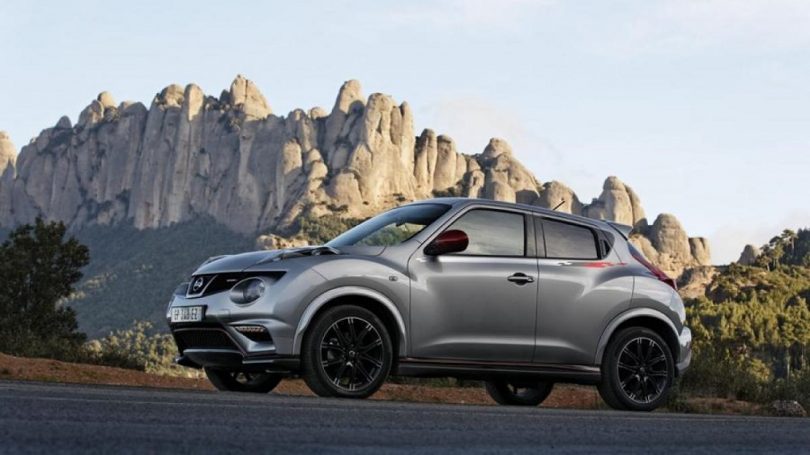
Getting around on your own land, if it is considerably large, can be done by bicycle or on horseback if you’re comfortable with riding.
Horses can provide entertainment and exercise for your family while earning their keep by aiding in transport and the transportation of goods.
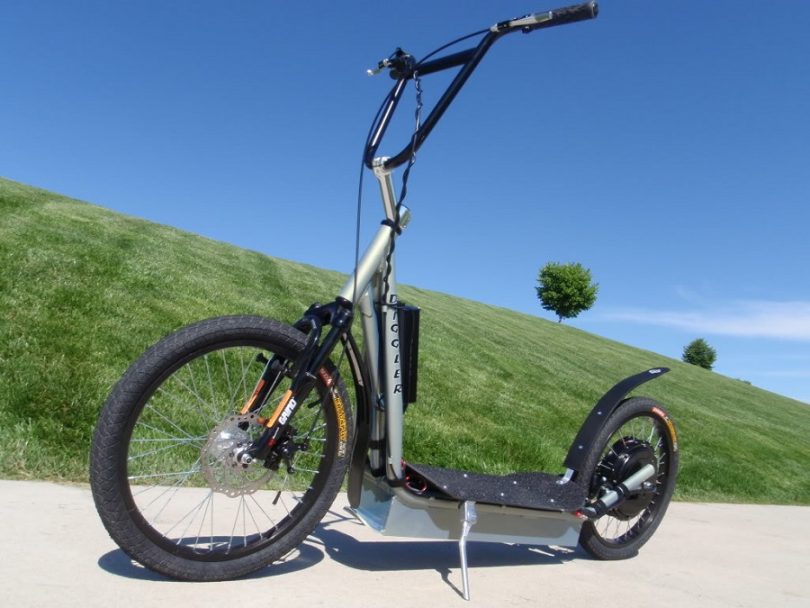
Electric scooters and similar transport devices are also an option provided you don’t need to travel too far before you need to recharge.
Mental power
Don’t forget to prepare yourself mentally and emotionally for this significant change. A healthy outlook can give you just what you need to get through the tougher times. Remember, it’s no picnic but this way of life also has many wonderful things to offer.
Important survival supplies
Living far from the comforts of the city will mean that you need to be prepared for anything and everything. Having a backup plan is a vital part of survival so make sure that your supplies are always well stocked. Keep at least one utility knife handy at all times. Larger hunting knives come in handy for heavy duty work.
Candles are an excellent source of light if you want to save electricity or if you are experiencing any electrical difficulties. You can also use solar powered lights. These lights have built-in batteries that charge in the sun during the day and use this stored energy to light your way at night.
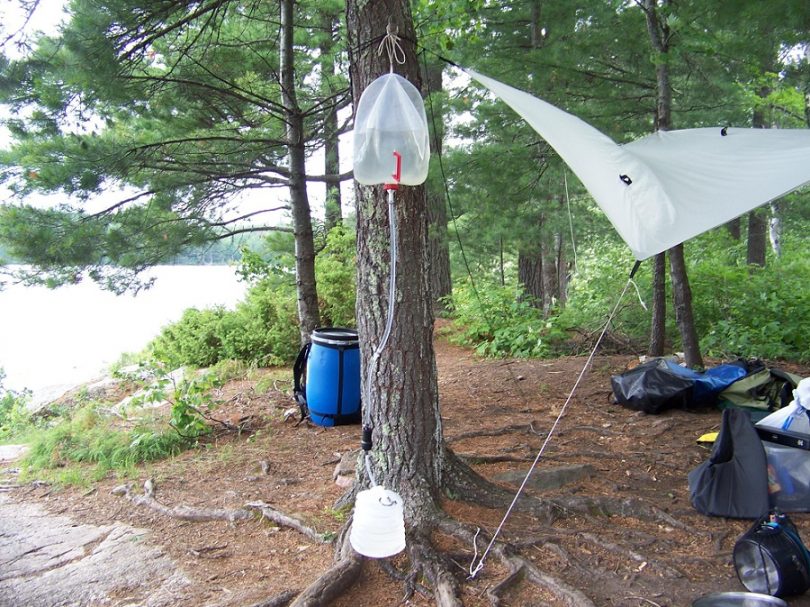
If your water filtering system fails you at any point, you should always have at least one water filtering straw on hand. This will help ensure your water drinking needs at least until you can resolve the problem. A backup generator is also a great idea. If you purchase the right kind of generator, you will be able to make your own fuel as well, so you don’t need to worry about buying fuel and polluting your surroundings.
Enjoy the freedom and serenity
So, what are you waiting for? There’s no better time to take that plunge! The sooner you begin to make these important changes, the sooner you will be able to sit back, relax, and enjoy them! Yes, you will need to work on a regular basis to maintain them, but it’s worth it!
[the_ad_placement id=”in-text-3-type-r”]Instead of spending a generous portion of your salary on household utility bills, you too can take back control of your life and how much money you spend! You will also have that much more to leave behind for your children by offering them land and a sustainable lifestyle off the grid that’s all ready for them to enjoy without any effort of setting it all up!


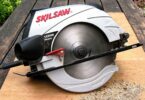



The lifestyle offers a whole new level of freedom, but with greater responsibilities. I agree with you; it is better to start small then expand gradually. It’s a lovely dream and it can be true if one desire’s it and work hard to make it real.
Remember to choose a place to live that can provide wind or solar energy.
Wonderful!
Still, I have no idea where to get the money to maintain the lifestyle. How will I pay to keep the solar panels, fuel, new clothes, even food if the weather ruined my harvest, new tools when the old ones wear out, and so much more?
I certainly can’t have all the skills required to do everything perfectly. Even with 10 acres and endless arduous toil, I cannot endure without “the day job.”
Alternatively, limited independence if you’re prepared to put in the adamant efforts, can be strongly gratifying. Also, the quality of food you eat and the air you breathe will give life a whole new meaning!
Richard,
That’s the thing about living off the land, you don’t need money. Solar panels and tools can be purchased while you’re still working and you can opt to buy them per piece. You don’t have to splurge all in one go. Take you time. Purchase what you will need when you can and when you feel that you’ve amassed enough supplies then go off-grid.
Skills do take time but even a novice of prepping can survive with just basic skills. Living off the grid, means not having a day job Richard, it is not for everybody, you have to be committed in order to be successful.
David